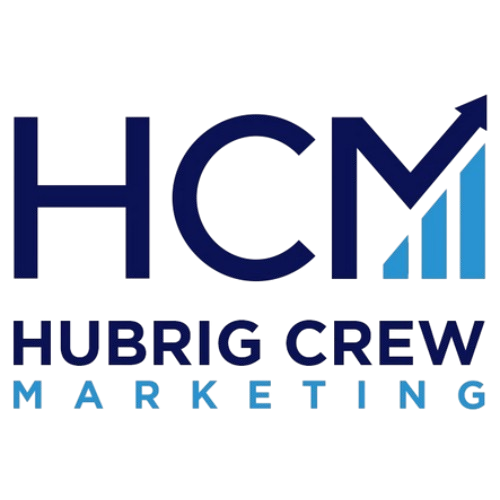Introduction to Online Marketing
In today’s digital era, having a robust online presence is not just an option—it’s a necessity for modern businesses. With a significant portion of consumers now relying on the internet for information and purchases, businesses must embrace online marketing to stay competitive and broaden their reach.
Online marketing services encompass an array of strategies designed to amplify a business’s visibility and engagement with potential customers. These strategies leverage digital platforms to create awareness and deliver value, ranging from Search Engine Optimization (SEO) to social media marketing, email campaigns, and content marketing.
By integrating these diverse techniques, businesses can effectively target their audience, communicate their brand message, and ultimately drive conversions. As we delve deeper into this article, you’ll discover how these strategies can be tailored to maximize your business’s potential in the ever-evolving digital landscape.
Key Strategies in Online Marketing
Search Engine Optimization (SEO)
SEO is crucial for enhancing online visibility and attracting the right audience. With over 3.5 billion daily searches on Google, effective SEO can significantly increase website traffic. Businesses using SEO see a 14.6% lead close rate, much higher than traditional methods.
Social Media Marketing
Engaging with audiences on social media is vital, with 5.17 billion users globally. Video content boosts engagement, with 87% of marketers noting increased sales from video marketing. Platforms like Instagram and TikTok offer high engagement rates, making them essential for brand interaction.
Email Marketing
Email marketing is a direct communication powerhouse. It offers a high ROI and strengthens customer relationships. By targeting interested subscribers, businesses can drive sales and increase website traffic through links in emails.
Content Marketing
Building authority through content marketing involves creating valuable content that resonates with your audience. It helps in establishing your brand as an industry leader, encouraging trust and sustained engagement.
Each of these strategies plays a crucial role in maximizing business potential by reaching and engaging the target audience effectively. For businesses looking to enhance their online presence further, PPC management can complement these strategies by driving immediate traffic and conversions.
Benefits of Online Marketing Services
In today’s digital era, online marketing services offer unparalleled benefits over traditional advertising methods. One of the most significant advantages is the ability to reach a wider audience. With 87% of Americans using the Internet, businesses can connect with potential customers globally, transcending the limitations of print, radio, and TV ads.
Another key benefit is the ability to target specific demographics for better results. By leveraging demographic information such as age, gender, and location, companies can create tailored marketing campaigns that resonate with specific audience segments, thereby improving conversion rates.
“Online marketing is a cost-effective solution, especially for small businesses.” Compared to traditional advertising, digital marketing is generally more affordable and provides a higher return on investment (ROI). For instance, email marketing offers the highest ROI among online tactics, making it an ideal choice for businesses with limited budgets. Additionally, utilizing paid social media can further enhance visibility at a fraction of the cost of traditional methods.
Overall, the advantages of online marketing services make it an essential tool for businesses aiming to maximize their potential and achieve sustainable growth.
Building a Strong Brand Image
Establishing a strong brand image is paramount in today’s competitive market, and consistent branding across channels is key to achieving this. Consistency fosters trust and credibility, as consumers prefer predictability in their interactions with brands. By delivering uniform messages, businesses can reassure their audience, building a reliable image over time.
Online marketing plays a vital role in enhancing a brand’s trustworthiness. Through strategies like positive client reviews and thought leadership, brands can position themselves as industry authorities. This not only boosts their visibility but also builds consumer trust, as they are seen as knowledgeable and dependable. Moreover, maintaining transparency and engaging sincerely with customers further strengthens this bond.
Looking at successful brand-building examples, Apple’s focus on innovation and customer experience illustrates the power of effective online marketing. Apple’s campaigns integrate their products seamlessly into users’ lifestyles, enhancing their brand image and creating a loyal customer base. This approach demonstrates how prioritizing user-friendly designs and simplicity can set industry standards.
In summary, consistent branding and strategic online marketing are essential for building a strong brand image. By learning from successful brands like Apple, businesses can effectively build trust and credibility, ultimately maximizing their potential.
Measuring Marketing Effectiveness
In the realm of online marketing, the importance of data tracking and analytics cannot be overstated. By understanding the impact of your marketing efforts, businesses can make informed decisions to enhance their campaigns. Utilizing analytics allows companies to identify trends, set realistic goals, and ultimately drive business growth.
To effectively gauge marketing success, businesses should monitor key performance indicators (KPIs) such as:
- Revenue: Insight into income across revenue streams.
- Click-Through Rate (CTR): Measures ad and content effectiveness.
- Cost Per Lead: Assesses cost-effectiveness of campaigns.
- Customer Lifetime Value (LTV): Estimates total revenue from a customer.
Moreover, employing the right tools is crucial for accurate measurement. Tools like Google Analytics provide comprehensive insights into website traffic and campaign effectiveness, while platforms such as Hootsuite and Mailchimp offer specialized features for social media and email marketing.
By strategically tracking and analyzing data, businesses can refine their marketing strategies, ensuring they maximize their potential. Start leveraging these tools and metrics today to elevate your business success!
Frequently Asked Questions
What is the ROI of online marketing?
The ROI of online marketing measures the effectiveness of marketing efforts by comparing the revenue generated against the costs incurred. A good ROI is typically around 5:1, meaning $5 gained for every $1 spent, while an exceptional ROI is considered 10:1 or greater. Key metrics like Conversion Rate, Cost Per Acquisition, and Return On Ad Spend help businesses gauge their marketing success.
How long does it take to see results?
Results from online marketing efforts can vary, but generally, businesses see initial results within 6 months, thanks to the integration of paid media strategies. Initially setting up a marketing system may take about 3 months, and it’s important to maintain a long-term perspective, as full potential is often realized over 18 months.
Can small businesses compete using online marketing?
Yes, small businesses can effectively compete with larger brands using online marketing. By leveraging digital marketing services from online marketing agencies, small businesses gain access to expertise, advanced tools, and tailored strategies that enhance competitiveness. These agencies help maximize limited resources, ensuring impactful marketing within budget constraints.
Conclusion: The Future of Online Marketing
In today’s fast-paced digital world, online marketing services are essential for maximizing business potential. They enable businesses to reach wider audiences, target specific demographics, and build strong brand images. With the ability to measure success and adapt strategies, online marketing offers a powerful toolkit for growth.
For those willing to invest, the rewards are substantial. A well-executed online marketing strategy can yield a significant return on investment, driving both revenue and brand loyalty. The recent integration of advanced tools and strategies, such as paid media and data analytics, has expedited the time frame for seeing results, making it an even more attractive option for businesses of all sizes.
Looking ahead, evolving trends such as AI-driven marketing and personalized customer experiences will further transform the landscape. To stay competitive, businesses should embrace these innovations and continue to align their marketing strategies with emerging technologies.
The future of online marketing is bright, and the opportunities are endless. Now is the time to take action and invest in a strategy that will propel your business forward and secure its success in the digital age.



